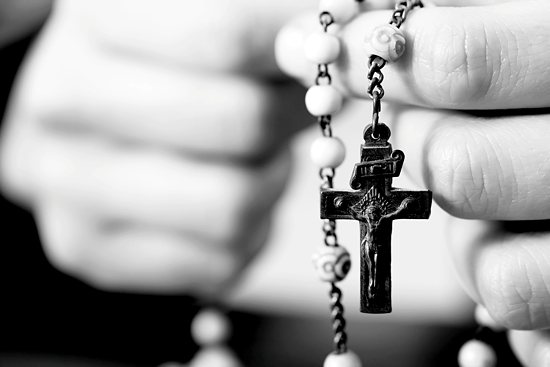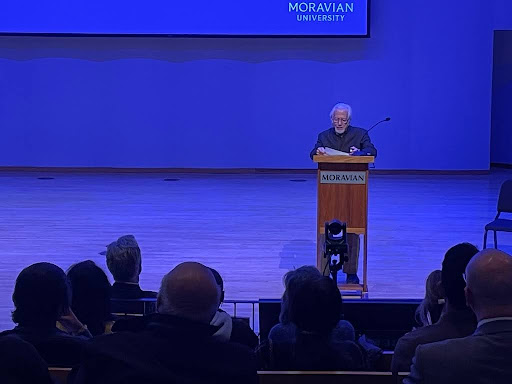Suicide Prevention: You Can’t Pray Away the Pain

Religion should not be used as the sole treatment for mental health. Photo courtesy of: breakthroughpsychologyprogram.com
With September being National Suicide Prevention month, I feel that it is important to address what I believe is a major mental health-related issue: using religion as a treatment.
I first want to acknowledge that religion can function as an excellent coping mechanism for those who are struggling with mental illnesses. A 2013 study found that those who were being treated for mental illnesses such as anxiety and depression responded better to treatment if they believed in God. Religion can bring immense comfort to people in a variety of situations; however, it is not a valid form of treatment in itself.
“Today, some religious people may believe that psychiatric disorders are caused by a ‘weakness in faith’ and that the illness can be overcome or cured through ‘willpower’ alone, rather than by seeking professional help from the mental health system,” writes Emine Rabia Ayvaci, M.D., in a recent issue of The American Journal of Psychiatry. “Researchers have found that there is a prevalence of a belief … that psychiatric disorder can be overcome by heroic striving. For this reason, some patients with religious affiliation may avoid contacting a psychiatrist.”
These findings may be why another recent study discovered that depressed patients with a religious affiliation were more likely to report a prior suicide attempt; if they are not seeking the help they need, their illness is going to worsen.
Furthermore, this same study found that suicidal ideation was more severe among those who considered their religion a major factor in their lives. If you believe that your mental illness is a “weakness in faith,” it would make sense that you would focus on religion, rather than seek professional help, as a means to overcome this struggle, but you’d be treading in dangerous waters.
“Don’t get me wrong, there’s nothing wrong with praying for recovery from a mental health condition, but we still have to be proactive,” says Fonda Bryant in an article posted on the National Alliance on Mental Illness webpage. “We can’t ‘pray away’ a mental health condition. We have to get help.”
Bryant explains that she was told to pray about her mental health and to give it to God, but she argues that “you wouldn’t tell someone with cancer, diabetes or heart problems to just pray about it or give it to God, would you? You’d hopefully say: ‘You need to see a doctor.’”
Unfortunately, this ideology is all too common, even among licensed professionals. A friend of mine (who wishes to remain anonymous) recently had an annual appointment with her doctor. When he learned that she was taking medication for severe depression (after years of self-harm and suicidal ideation), he attacked her character and encouraged her to rely on prayer instead. This advice is not only unprofessional, but it’s dangerous as well.
Again, if you wouldn’t tell a cancer patient to quit taking their medicine and rely on God, you shouldn’t be telling this to someone with a mental illness. This double standard is ridiculous, and it’s not helping the mental health issue whatsoever.
Your mental health is not “your cross to bear” or something that you can just “pray away.” It’s real, it has very physical side effects, and it needs to be addressed appropriately.
If you’re struggling, it’s not a weakness, just like any other illness isn’t a weakness.
Overall, if you’re a religious person and you’re struggling with a mental illness, absolutely use your religion to help you along the road to recovery; many professionals are more than willing to work in tandem with your beliefs.
But please remember, religion is a supplement, not a treatment.
National Suicide Prevention Hotline: 1-800-273-8255
Moravian College Counseling Center: (610) 861-1510 or [email protected]






